cast grinding ball
Cast grinding balls are essential components used in various industrial applications, particularly in the mining, cement, and power generation industries. These balls are primarily utilized in grinding mills to pulverize and reduce the size of raw materials such as ores, clinker, and coal. The process of grinding is critical in achieving the desired particle size for further processing or final product quality. Manufacturing ProcessThe production of cast grinding balls involves a meticulous manufacturing process to ensure durability, hardness, and resistance to wear. The process typically begins with the selection of high-quality raw materials, including iron, chromium, and other alloying elements. These materials are melted in a furnace at high temperatures to form a molten metal mixture. The molten metal is then poured into molds designed to create spherical shapes. After cooling and solidification, the balls are removed from the molds and undergo heat treatment processes such as quenching and tempering. This enhances their mechanical properties, including hardness and toughness, making them suitable for demanding grinding operations. Key PropertiesCast grinding balls are engineered to exhibit specific properties that make them effective in grinding applications. Hardness is a critical characteristic, as it determines the ball's ability to resist wear and maintain its shape during operation. High hardness ensures that the balls can effectively break down materials without degrading quickly. Toughness is equally important, as it prevents the balls from fracturing or shattering under the intense impact and pressure within grinding mills. Additionally, corrosion resistance is essential, especially in environments where the balls are exposed to moisture or abrasive materials. ApplicationsCast grinding balls are widely used in ball mills, which are cylindrical devices that rotate to grind materials. In the mining industry, they are used to grind ores to extract valuable metals such as gold, copper, and iron. In the cement industry, they help grind clinker and other raw materials to produce cement. In power plants, they are used to pulverize coal for combustion in boilers. The efficiency of these processes heavily relies on the performance of the grinding balls. AdvantagesOne of the main advantages of cast grinding balls is their cost-effectiveness. They offer a long service life due to their high wear resistance, reducing the need for frequent replacements and minimizing downtime. Moreover, their consistent quality ensures uniform grinding, which is crucial for maintaining product consistency and process efficiency. ChallengesDespite their advantages, cast grinding balls face challenges such as the need for precise control over their chemical composition and manufacturing processes to achieve optimal performance. Variations in quality can lead to premature wear or failure, impacting operational efficiency. ConclusionIn summary, cast grinding balls are indispensable in industries that rely on grinding processes. Their durability, hardness, and toughness make them ideal for demanding applications, ensuring efficient and reliable operation. As industries continue to evolve, the demand for high-performance grinding balls is expected to grow, driving advancements in their manufacturing and design.
Products
Category:
No search results found!
News
Category:
-
[Company News]Qasim Group's quality management system meeting kicked off o...
2025-08-05 08:54:18
Case
Category:
No search results found!
Video
Category:
No search results found!
Download
Category:
No search results found!
Job
Category:
No search results found!
Featured Products
No search results found!


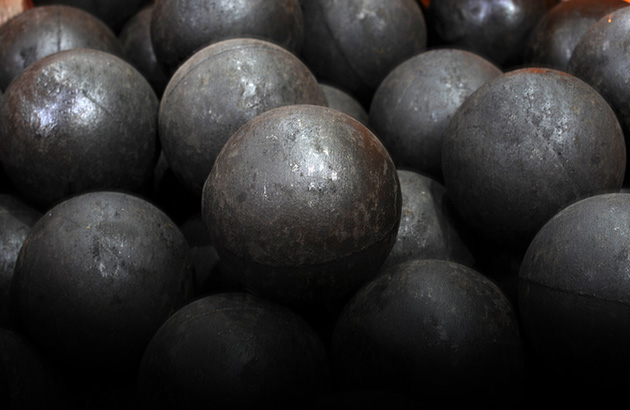
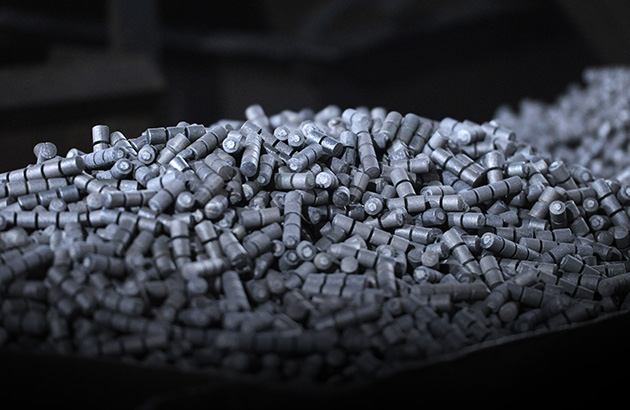
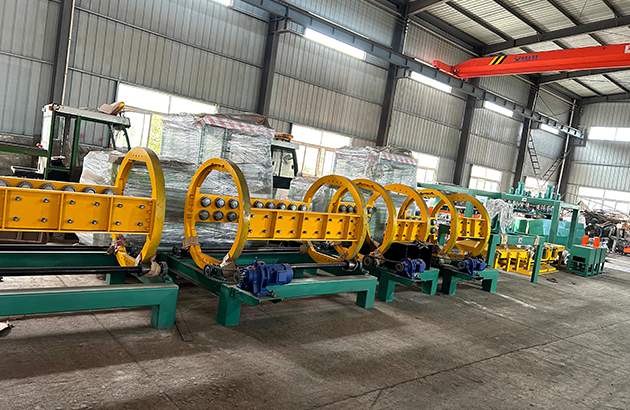
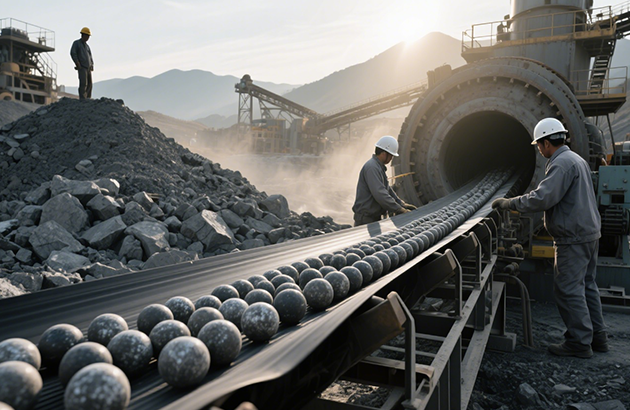
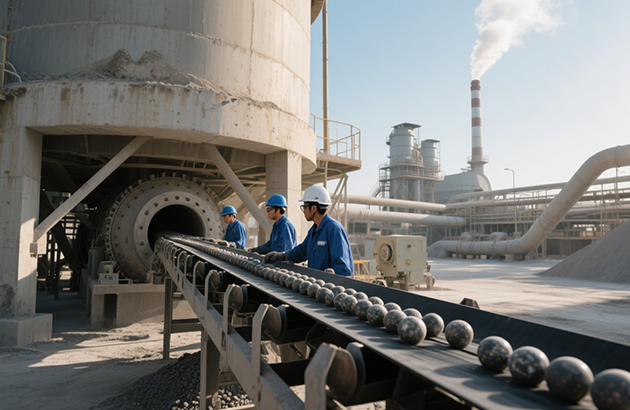
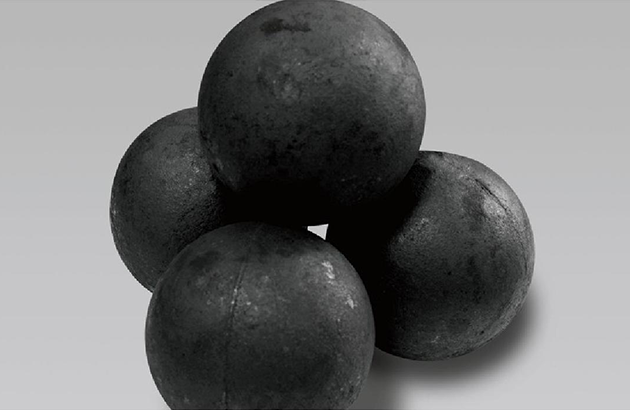
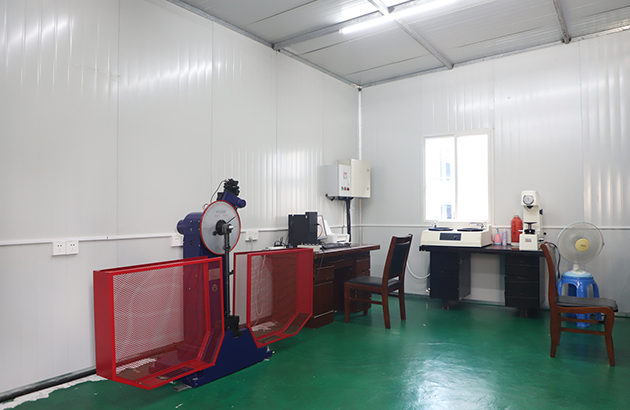
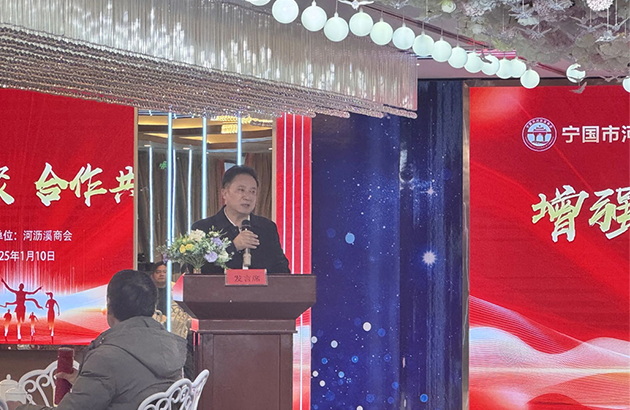
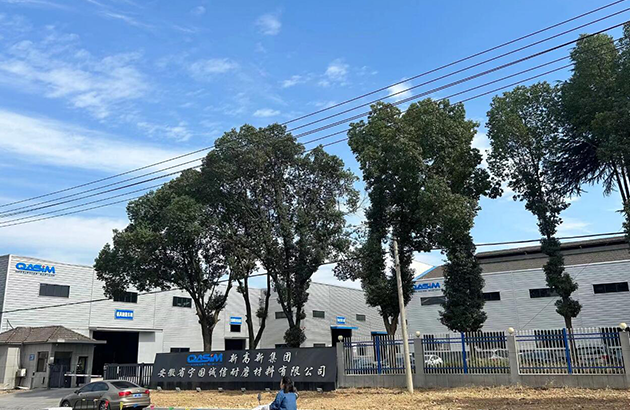
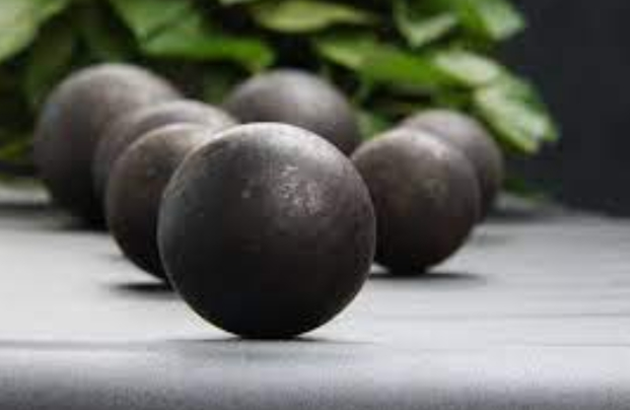






 Phone
Phone